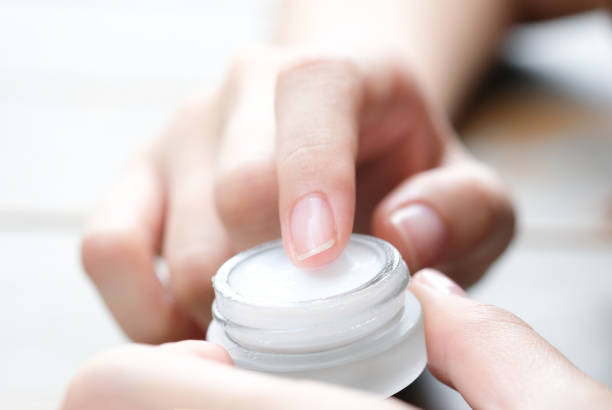Vit C and Collagen in our daily skin routine
What is Vitamin C?
Vitamin C is a water-soluble vitamin and potent antioxidant crucial for your overall health and your skin health. Pure vitamin C also goes by the names l-ascorbic acid and l-ascorbate.
What is Collagen?
Collagen is the most abundant protein found in your body.Collagen and another protein called elastin are both present in your skin. While collagen is generally responsible for providing firmness and “structure,” elastin gives your skin its elasticity.
The relation between vit C and collagen
vitamin C stimulate collagen Production
How ?
Vitamin C is well known for boosting collagen production Trusted Source through the process of collagen synthesis. In fact, collagen synthesis can’t happen without vitamin C.
This is because vitamin C is the essential cofactor for the two enzymes required for collagen synthesis:
prolyl hydroxylase, which is necessary for the creation of a stable collagen molecule.
lysyl hydroxylase, which improves tissue strength by crosslinking collagen molecules together.
It is imprtant to add vit C and collagen to our daily skin routine because thier levels tend to decrease as you age. Free radicals from pollution and free radical damage from sun exposure and UV light also lower your skin’s vitamin C and collagen levels.
Collagen Benefits
High collagen levels provide your skin with a more supple, youthful appearance. This anti-aging effect may help “plump” your skin cells so fine lines seem less noticeable.
it helps hold the dermis (base skin layer) together and help maintain skin thickness.
Collagen provides structural support to the skin, contributing to its elasticity. As we age, collagen production decreases, leading to sagging and wrinkles. Supplementing with collagen can help restore elasticity and firmness, reducing the appearance of fine lines.


Vit C benefits
Your skin’s outer layer (epidermis) and inner layer (dermis) both contain high levels of vitamin C
Daily use of a vitamin C formulation for at least three months improved the appearance of fine and coarse wrinkles of the face and neck, as well as improved overall skin texture and appearance.
Vitamin C can reduce the appearance of dark spots by blocking the production of pigment in our skin. In clinical trials, the majority of the participants applying topical vitamin C had improvement in their dark spots with very little irritation or side effects, but more studies are needed to confirm the brightening effects of vitamin C.
Vitamin C may also help protect the skin from harmful ultraviolet rays when used in combination with a broad-spectrum sunscreen.
Additionally, topical vitamin C can help with acne through its anti-inflammatory properties that help control sebum (oil) production within the skin. In clinical trials, twice-daily application of vitamin C reduced acne lesions when compared to placebo. The results are more pronounced when you use the vitamin topically. It, therefore, helps improve the appearance of acne wounds. It may help reduce hyperpigmentation. Vitamin C has anti-inflammatory properties, which can help calm and soothe the skin and make Vitamin C good for oily skin.
Vitamin C is more effective at reducing overall redness . it can help alleviate discoloration associated with under-eye circles.vitamin C can help smooth out fine lines by plumping and hydrating the under-eye area.
Although you’re probably getting vitamin C in your diet, there’s no way to guarantee it’s going straight to your skin. Using topical products is the most direct way to reap these benefits.